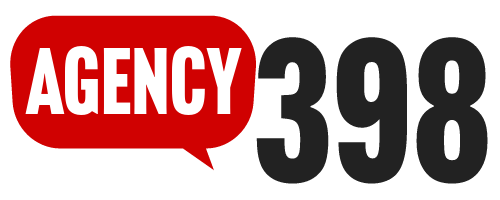Humor in PR and How Not to Sound Tonedeaf
By Charity Wang | October 13, 2021
Let’s be real, we all love memes and jokes. We love them even more when we see company mascots roasting each other on social media and making references, all in good fun. For example, Wendy’s and their absolutely savage mascot.
What makes this particular tweet funny is the context and the timing, since it has often been mentioned that the ice cream machines at McDonalds are always broken. Memes and roasts result in people making content that add onto these jokes, such as “mcbroken,” a website that tracks which McDonald’s ice cream machines are broken.
But sometimes humor on social media may not translate very well and now we have some really angry people. So how do you prevent having a social media meltdown and possibly losing your job?
Timing and intention is EVERYTHING.
As mentioned before with the Wendy’s example, making jokes based on the timing of news is best due to relevancy. If you miss the timing of the joke, it may come out of “nowhere” according to the public, and it may not gain the engagement you hoped for. Worst case scenario, the public thinks you’re actually serious about your joke. You don’t want to really announce a serious change on April Fools’ Day, and neither do you want to make a bad joke on a really important holiday, which leads to…..
There are certain topics you must never joke about.
Think about this for a second, do you want to get cancelled? If the answer is no, then do not joke about taboo topics such as child abuse, racial discrimination, exploitation of people, sexism, or disabilities. “Dark humor” usually never works in a professional public relations setting. If a normal person can get cancelled for being racist or sexist, then a public entity definitely can get cancelled, and it’s a LOT harder to bring back that reputation.
Know your audience.
This is closely related to the first two. Who are the people listening to you? Depending on your audience, there are some things that you should not joke about. Some topics like politics usually fall into the chum bucket of jokes, but if you don’t know your audience, you run the risk of making the WRONG type of jokes and ultimately losing your audience. It also gives you a bad image, which causes journalists and other PR agents to not trust you anymore.
Don’t continuously bash others and stay away from libel!
Even though Wendy’s built their image on roasting other fast food companies, there is such a thing called “being too much” and “going too far.” Wendy’s is ultimately a fast food company and not a comedy show. If Wendy’s continuously kept ripping into every fault a different fast food company had and didn’t focus on their products, then they will lose a big part of their audience that they need in order to survive, their consumers and those that actually eat Wendy’s. Even when Wendy’s jokes around, the biggest thing is that they never libel against who they’re joking about. Libel is 100% a fireable and sueable cause against anyone in journalism or public relations. If you make a false claim of fact against someone and it negatively affects them, kiss your career and your reputation goodbye because that is libel.
Overall, humor is a very good thing in PR and if done right, it can provide so many benefits to those you represent. Have good intentions in your writing, time it well and remember your audience. And as a last piece of advice, remember, if you think you are going too far, you probably are.
--
Author’s Bio: Charity Wang is a senior at CSUN, currently majoring in journalism with an emphasis in public relations. Other than working graveyard shift hours, some things Charity likes to do is play video games, digitally draw random things, and try new foods and restaurants near her area. Occasionally, she’ll collect and build random things like Pokemon terrariums and Gundam model kits.
